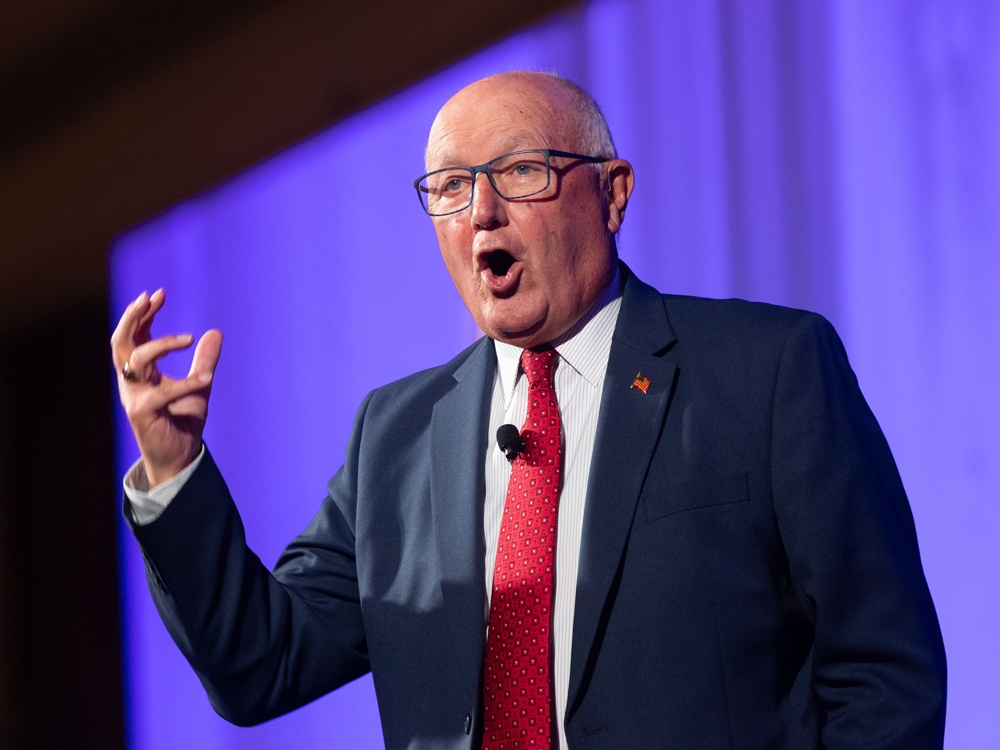A diplomatic firestorm erupted after Canada aired television advertisements in the United States featuring former President Ronald Reagan, criticizing tariffs. The ads, funded by the Ontario provincial government, unexpectedly drew the ire of the Trump administration and sparked a sharp rebuke from U.S. Ambassador Pete Hoekstra.
Hoekstra delivered a pointed warning to Canadian federal and provincial leaders, questioning whether the controversial campaign would actually serve Canada’s interests. He argued the advertisements crossed a line, effectively representing a direct intervention in American electoral politics – a tactic he insisted was unprecedented.
The timing of the ads, just weeks before crucial November elections and a Supreme Court hearing on tariff powers, fueled accusations of deliberate political interference. Hoekstra emphasized the gravity of the situation, stating such actions are simply “not done” in the United States.

President Trump responded swiftly, suspending all trade negotiations with Canada in direct response to the advertisements. While Ontario Premier Doug Ford ultimately pulled the ads, the damage to the relationship was already done, and tensions continued to escalate.
The financial cost of the campaign – reportedly $54 million in U.S. dollars – also drew criticism from Hoekstra, though he quickly followed the remark with a self-deprecating joke. The incident highlighted the significant investment Canada made in attempting to influence the American debate.
Adding another layer to the situation, Prime Minister Mark Carney personally apologized to President Trump for the ads, and also voiced his disapproval of Ford’s decision to run them. This internal disagreement within Canada further complicated the diplomatic fallout.
While Hoekstra acknowledged the possibility of restarting trade talks, he cautioned that it would be a difficult path forward. The ambassador’s strong words underscored the depth of the offense taken by the Trump administration.
Premier Ford, in turn, demanded an apology from Hoekstra for what he described as unprofessional conduct. Reports surfaced of a heated exchange between Hoekstra and Canada’s trade representative in Washington, David Paterson, with allegations of the ambassador using inappropriate language.
Ford characterized Hoekstra’s behavior as “unbecoming of an ambassador” and urged him to personally apologize to Paterson. The escalating rhetoric on both sides revealed a growing personal animosity alongside the broader diplomatic dispute.
The entire episode has left the future of U.S.-Canadian relations uncertain, raising questions about trust and the boundaries of political advocacy between the two nations. The fallout serves as a stark reminder of the sensitivities involved in cross-border political engagement.




